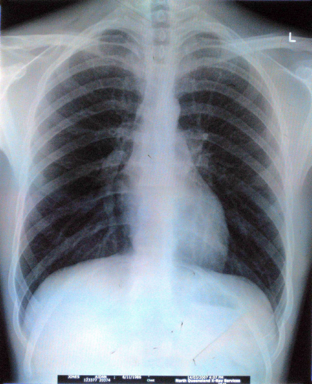|
Recovery Audit Contractors ("RAC") is a relatively recent and significant area of health law dealing with federal reimbursement. The government has set up private companies to audit hospitals and private practices to determine if patients have been given unnecessary procedures or if the government has overpaid for the services. While the RACs also claim to reimburse for underpayments, the amount each year is miniscule compared to the amount recovered for overpayment. Thus, the financial incentives for RACs to review and deny claims are very high. At Midwest Legal Partners we advise our clients on the best ways to avoid such audits. We also offer them the opportunity to appeal if such payments have been retroactively rescinded. Appeals can be costly and time consuming. For small audits, it may not be worth it. We provide our clients with candid assessments of the cost of appeal versus the potential for recovery. If our client chooses to appeal, we will provide the best service possible involving both legal and medical research along with effective communication with our clients and other medical experts. Larger hospitals and other institutions can face five or six figure audits (exceeding $100,000). We will advise you on the best course of action.
The RAC demonstration program was mandated by Section 306 of the Medicare Prescription Drug, Improvement and Modernization Act of 2003. It directed the Department of Health and Human Services (“HHS”) to conduct a three-year demonstration program using RACs. The RAC demonstration program began in 2005 in California, Florida and New York, the three states with the highest Medicare expenditures. In 2007, the program expanded to include Massachusetts, South Carolina and Arizona. The purpose of the program was to determine whether the use of RACs would be a cost-effective way to identify and correct improper Medicare payments. It proved to be highly cost effective from the point of view of the Center for Medicare and Medicaid Services (CMS). |
|
Over the course of the three-year demonstration, the RACs identified and collected more than $1.03 billion in improper payments. According to CMS, factoring in the underpayments returned to providers and suppliers, the claims overturned on appeal, and the operating costs of the demonstration program, the RAC program was successful in returning $693.6 million to the Medicare Trust Funds. CMS estimates that the RAC demonstration program cost approximately 20 cents for each dollar returned to the Medicare Trust Funds.
Section 302 of the Tax Relief and Health Care Act of 2006 made the RAC program permanent and required its expansion nationwide by no later than 2010. CMS has already begun to move forward with this expansion. According to its most-recently published Expansion Schedule, CMS planned to expand to 19 states by October 1, 2008 (including Michigan), four more states by March 1, 2009, and the remaining states by August 1, 2009 or later. Providers and suppliers should be aware that if they are dissatisfied with a RAC review determination, they have a right to appeal through the Medicare appeals process. This process includes five potential stages: (1) a redetermination to the Carrier or Fiscal Intermediary; (2) a reconsideration submitted to a Qualified Independent Contractor; (3) an appeal to an Administrative Law Judge; (4) an appeal to the Medicare Appeals Council; and finally, (5) an appeal to Federal district court. Each level of appeal carries with it certain requirements with which appealing providers much comply, as failure to follow these requirements could result in the inability to continue the appeals process. Click here for a report on the three-year program by CMS, which includes charts and financial figures for payments collected. |
Click below for more information on our Healthcare Law practice:
Transactional Healthcare Stark Law Anti-Kickback Statutes and Fraud and Abuse Recovery Audit Contractors and other Government Audits Insurance Coverage and Other Forms of Reimbursement HIPAA and Advances in Health Information Technology Medical Malpractice Defense Running Your Own Practice |

